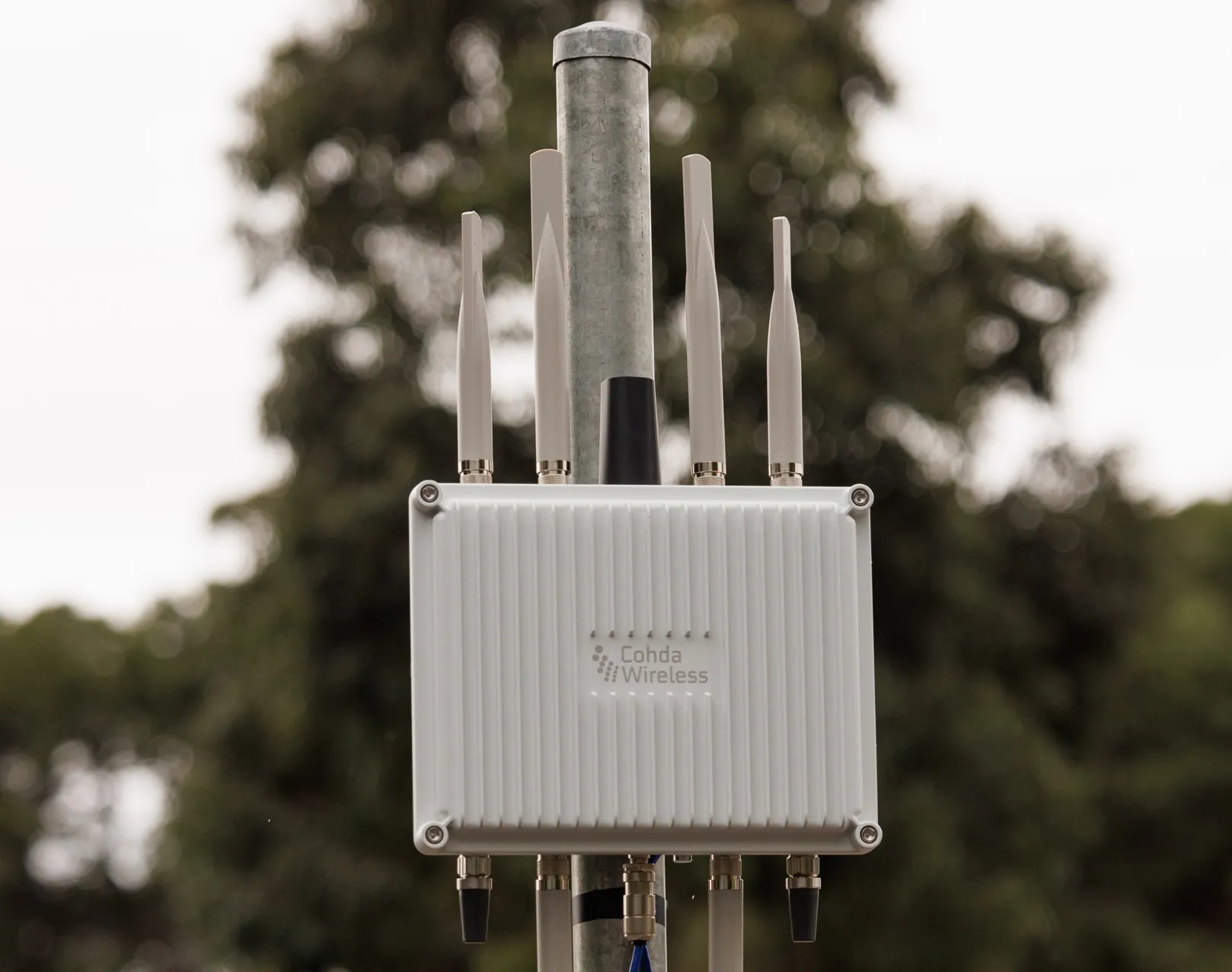Nanyang Technological University, Singapore (NTU) and Germany’s Schaeffler Group are collaborating in a new joint research laboratory at the university, the Schaeffler Hub for Advanced REsearch at NTU (SHARE at NTU), to tackle transportation challenges for Singapore within the context of the country’s Smart Nation vision.
The lab will study various aspects of personal urban mobility and intelligent transportation systems for mega cities of the future. The research projects include studying human user beh
March 21, 2017
Read time: 2 mins
Nanyang Technological University, Singapore (NTU) and Germany’s Schaeffler Group are collaborating in a new joint research laboratory at the university, the Schaeffler Hub for Advanced REsearch at NTU (SHARE at NTU), to tackle transportation challenges for Singapore within the context of the country’s Smart Nation vision.
The lab will study various aspects of personal urban mobility and intelligent transportation systems for mega cities of the future. The research projects include studying human user behaviour on personal mobility devices in Singapore and the development of portable smart technologies that can enhance the users' safety and last-mile experience.
The partnership between NTU and Schaeffler will also ride on the NTU-NXP Smart Mobility Test Bed, which consists of vehicles equipped with smart units and roadside units with video cameras mounted on street lamps throughout the NTU campus.
Schaeffler is also part of the NTU-NXP Smart Mobility Consortium, which was founded by NTU and566 NXP Semiconductors with 12 industry members to develop innovations in smart mobility.
NTU and Schaeffler will develop applications that will allow personal mobility devices to interact seamlessly and safely with traffic infrastructure and vehicles around them, using an industry standard vehicle-to-everything (V2X) wireless communication technology.
The lab will study various aspects of personal urban mobility and intelligent transportation systems for mega cities of the future. The research projects include studying human user behaviour on personal mobility devices in Singapore and the development of portable smart technologies that can enhance the users' safety and last-mile experience.
The partnership between NTU and Schaeffler will also ride on the NTU-NXP Smart Mobility Test Bed, which consists of vehicles equipped with smart units and roadside units with video cameras mounted on street lamps throughout the NTU campus.
Schaeffler is also part of the NTU-NXP Smart Mobility Consortium, which was founded by NTU and
NTU and Schaeffler will develop applications that will allow personal mobility devices to interact seamlessly and safely with traffic infrastructure and vehicles around them, using an industry standard vehicle-to-everything (V2X) wireless communication technology.








